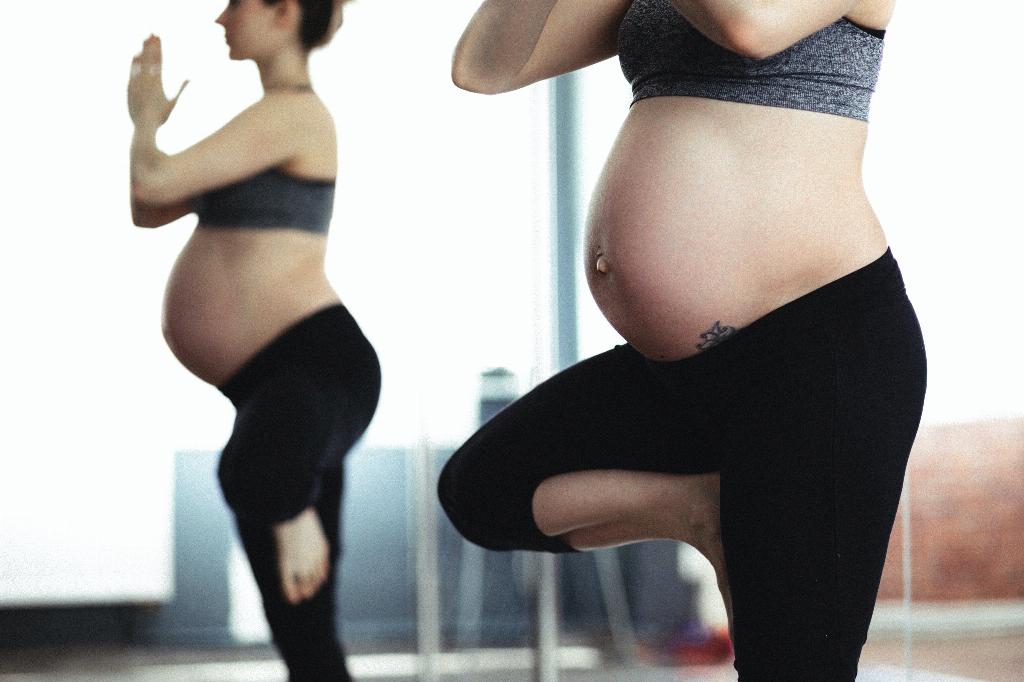When considering the impact of gastric bypass surgery on pregnancy, it is essential to recognize the complex interplay between weight loss surgery and maternal health. One of the key considerations is the timing of pregnancy post-surgery. It is generally advised to wait for at least 18 months after undergoing bariatric surgery before attempting to conceive. This waiting period is crucial as it allows the body to stabilize after significant weight loss and reduces the risk of nutritional deficiencies that can adversely affect both the mother and the developing fetus.
During the initial 18 months following gastric bypass surgery, the body undergoes significant changes, including rapid weight loss and metabolic adaptation. These alterations can impact the body’s ability to absorb essential nutrients, such as vitamins and minerals, which are vital for a healthy pregnancy. Therefore, becoming pregnant during this period may increase the risk of nutritional deficiencies that could compromise maternal health and fetal development.
Nutritional deficiencies, such as iron, folate, vitamin B12, and calcium, are common concerns for individuals who have undergone gastric bypass surgery. These deficiencies can have serious implications for pregnancy outcomes, including an increased risk of neural tube defects, preterm birth, low birth weight, and other complications. Therefore, it is crucial for individuals who have had bariatric surgery to work closely with healthcare providers to monitor their nutrient levels and ensure optimal health before and during pregnancy.
Another important consideration regarding the effects of gastric bypass on pregnancy is the potential impact on maternal and fetal well-being. Rapid weight loss and nutrient malabsorption following bariatric surgery can affect hormone levels and metabolic function, which may pose risks during pregnancy. Women who have undergone gastric bypass may be at higher risk of gestational diabetes, hypertension, and other pregnancy-related complications.
Additionally, the physical changes that occur in the body after bariatric surgery, such as altered bowel anatomy and reduced stomach size, can impact the body’s ability to regulate nutrient absorption and energy metabolism. These changes can further complicate the pregnancy process and necessitate specialized care and monitoring to ensure the health and safety of both the mother and the baby.
It is essential for individuals who have undergone gastric bypass surgery and are considering pregnancy to consult with a multidisciplinary healthcare team, including bariatric specialists, obstetricians, and nutritionists. This collaborative approach can help mitigate potential risks, optimize maternal health, and support a healthy pregnancy outcome. Healthcare providers can tailor specific dietary recommendations, supplement regimens, and monitoring protocols to meet the unique needs of individuals who have had weight loss surgery.
In summary, the effects of gastric bypass on pregnancy are multifaceted and require careful consideration and planning. While bariatric surgery can offer significant health benefits for individuals struggling with obesity, it is important to understand the potential implications for pregnancy. By working closely with healthcare providers and following recommended guidelines, individuals can navigate the complexities of pregnancy after gastric bypass surgery and promote the well-being of both themselves and their future child.

